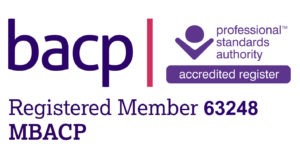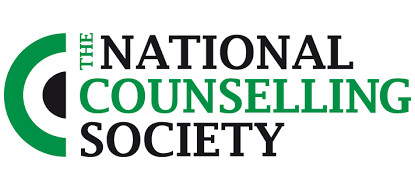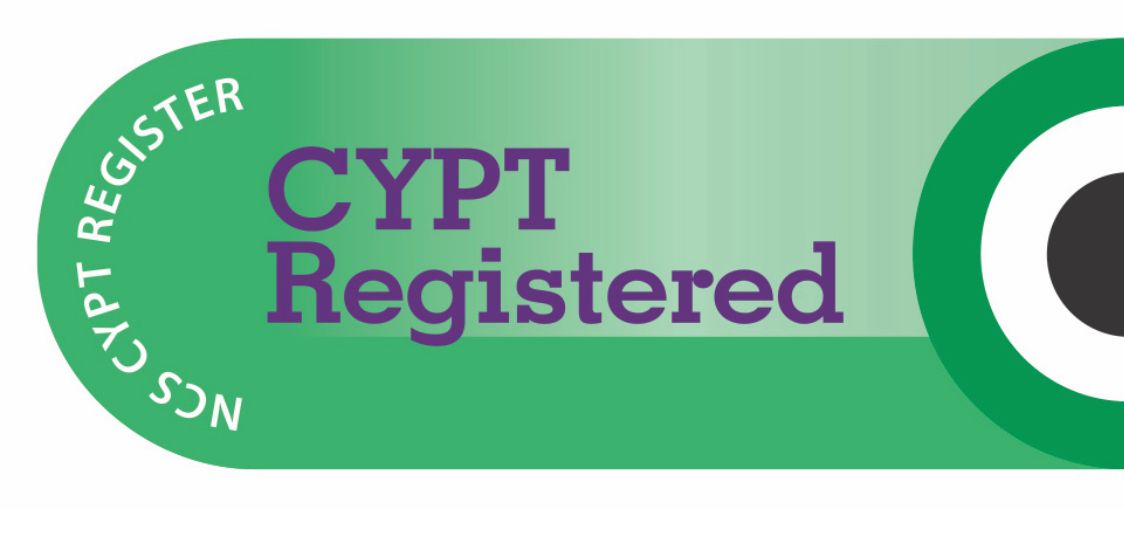Skip to content
If you are suffering from Anxiety, I feel it’s important that you are given the basic facts on anxiety so that some of this information might start to put put your feelings into context thus making the sensations it brings a feel a little less feared.
FIGHT FLIGHT FREEZE
Anxiety is a natural function that when out of control can become a disturbance to our everyday lives. The mind and bodies response to stressful or dangerous situations is termed the ‘fight or flight’ response and dates back to neolithic man and was vital to our survival. If we saw a towering ferocious beast we would have to ‘fight’ or flee (flight) from it. Our only other option is to freeze which is another response to anxiety or fright this protected you from being seen, if we froze in the undergrowth our movement was less likely to be noticed, and our survival chances increased. Anxiety is the left over response from theses days, now we don’t encounter many beasts in most circumstances its responses’ are unneeded or unwelcome.
The physical responses’ to fear stress or anxiety however are hot wired into all of our bodies which means adrenalin is realised in response to our seem threat. So Anxiety has a role even if it is unwelcome one. It alerts us to situations that it feels uncomfortable with this can be for our own safety i.e. we may feel anxiety walking on a cliff edge so we avoid it!
Although anxiety has its origin deep in our ancestry it is believed by many psychologists and counsellors to be sparked by internal conflicts some of which may have been established in our childhood this is believed to be exist whatever our upbringing was like. Other conflicts may be as simple as a desire and need to spend time with the friends or family but study or work makes other demands on you.
THE BODYS RESPONSE
Let’s take a moment to examine some of the more common physical and psychological responses to anxiety. Some of the most common physical responses of anxiety are: Palpitations and Increased heat rate Tensed up muscles weak legs Dizziness Tingling in the hands and feet Hyperventilation (over breathing) Difficulty in breathing, Churning stomach, Feeling sick, Tight band across the chest area Tension headaches, Hot flushes Sweating, Dry mouth with difficulty swallowing, Shaking, Hyper sensitivity of the body to its usual process, churning of the stomach, rushing of blood etc.
The more common thoughts or beliefs we may experience when feeling anxious include Feeling that people are looking at you and can see your anxiety Fearing that you may go mad or lose control Believing that you may die Thinking that you may have a heart attack or be seriously unwell Feeling as though things are speeding up/slowing down An unreal detached feeling A desire or urge to to run away from the situation Feeling on edge and hyper sensitive to events and surroundings
TAKING CONTROL
While counselling is useful for getting to the deeper issues that can create emotional turmoil that can present itself also with feelings of anxiety. Briefer forms of counselling such as cognitive behavioural therapy (CBT) can offer ways of looking at worries and negative thinking that can lead to anxiety states. Some practical activities can be incorporated into your life which can help reduce stress and anxiety; I have listed a few suggestions below.
Exercise has been proved to raise serotonin levels – this is the feel good chemical in our blood stream. Regular exercise does help; stick with it if you are able. Some people use aromatherapy oils either in the bath or massaged on help in particular Lavender but also Ylang Ylang and Chamomile (please seek specialist advice if pregnant- and always dilute oils with carrier oil). A little dilute oil is also an excellent distraction if the feelings are especially bad. Try to surround yourself for a while with as many relaxing and as few stimulating activities as you can i.e. try to find some relaxing music that you enjoy. If you are a big Horror film or action film fan try to lay off them for a short while and replace with you favourite music. Try Decaffeinated Tea and Coffee rather than regular caffeine drinks and don’t forget that Cola contains caffeine. One of the biggest brands does a Diet ‘caffeine free’ version. Some people take a little while to get used to the taste but reducing caffeine does bring down the overall stress anxiety level meaning that it takes much more to get us to that over load point where anxiety takes over our life.
Lack of sleep can be contributory factor in an increase in anxiety, some people may find sleep agitated and unsettling while others may find sleep a restful escape from the feelings. If you can follow what you body asks and try not to fight it, this should speed the process or recovery up so long as you find time for exercise in your day. These are just a few examples you may find your own way or find your own distractions.
FINALLY
On a final note i rather liked the analogy by www.anxietyuk.org.uk. They try to look at anxiety and its relation to stress in the words below. One way of thinking about your anxiety is to imagine your stress levels as being like a bucket of water. If we keep adding stressors to the bucket (even tiny ones like the school run or commuting to work), over time it fills up until one day it overflows. This can be a good way of looking at anxiety as it explains why sometimes it can seem to come out of the blue with no significant trigger. However, what has happened is that the trigger was just a very small stressor that tipped us over the edge and allowed our bucket to overflow. What we need is a leaky bucket with lots of holes in to reduce your overall stress levels. Each one of these holes could be something positive that you do to manage your anxiety, such as yoga, exercise, reading, listening to music or spending time with friends or family.
In summary it seems the key is finding some balance in work rest and play, try to take some time to pamper yourself, this will give your nervous system a rest for a while. Whilst counselling plays an important role, as can some medications prescribed by the doctor (although these are believed by many to mask the underlying anxiety rather than desperate it) I have avoided discussing this further on the assumption that if you are reading this you may be already in or about to start counselling therapy.
Step into premium online gaming at King Johnnie Casino, featuring top-quality pokies, engaging table games, and fast, secure payouts for Australian players.
Enjoy immersive gameplay at PokieSpins Casino, with interactive pokies, competitive tournaments, and mobile-friendly design for fun anytime, anywhere.
Discover thrilling casino action at Red Stag Casino, offering diverse pokies, engaging table games, and exclusive promotions for loyal players.
Experience vibrant online entertainment at Wild Joker, featuring a wide variety of pokies, live dealer games, and rapid withdrawals for a seamless experience.


